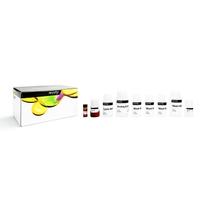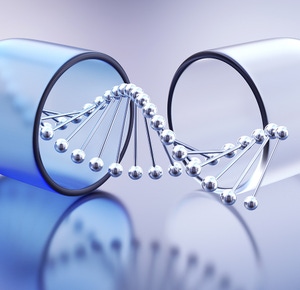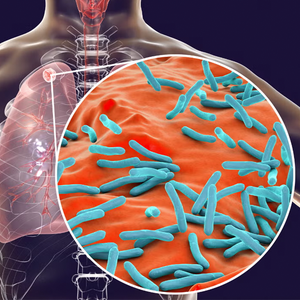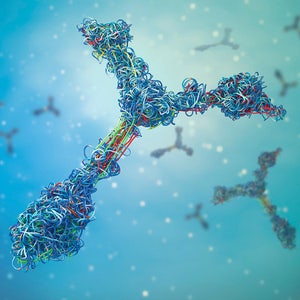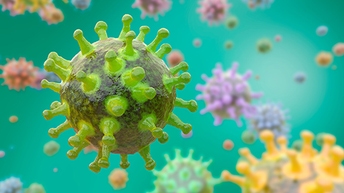Flexible solutions to fulfill your laboratory needs
Whether you’re handling one or multiple sample types in a single workflow, dealing with low or high sample volumes, or need specific extraction conditions, chemagic offers solutions tailored to your laboratory needs. You can benefit from universal kit options suitable for diverse sample types, single and multi-sample type-specific kits to optimize runtimes and costs, or even custom kits designed to meet specific requirements. The chemagic technology has been successfully applied in various applications, including biobanking, molecular genetic analysis, donor screening, oncology research, and infectious disease research.
For research use only. Not for use in diagnostic procedures.
